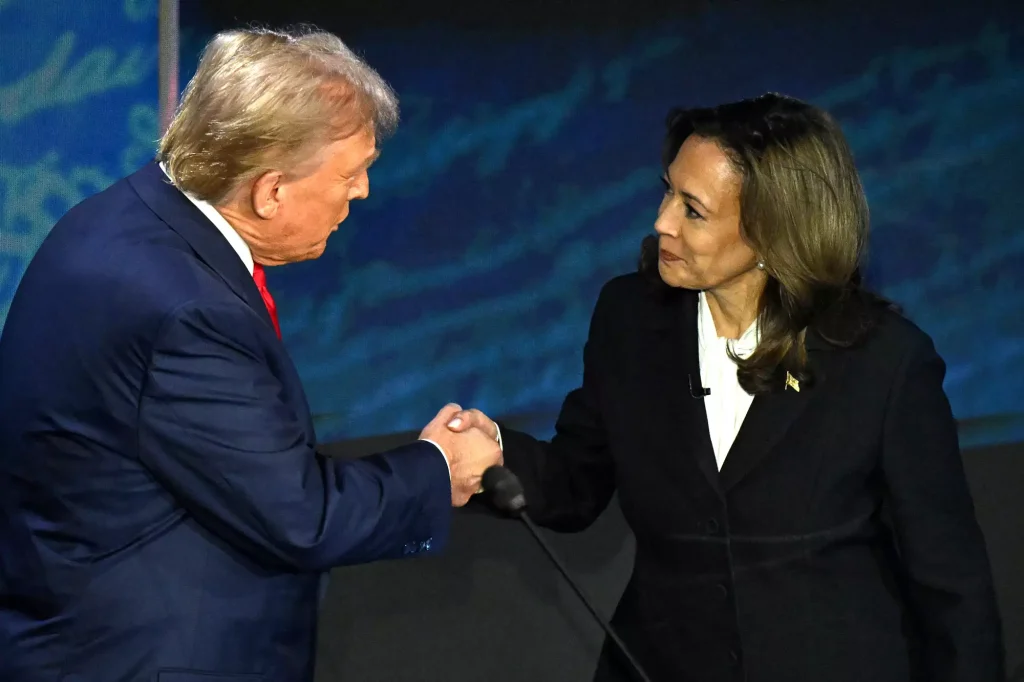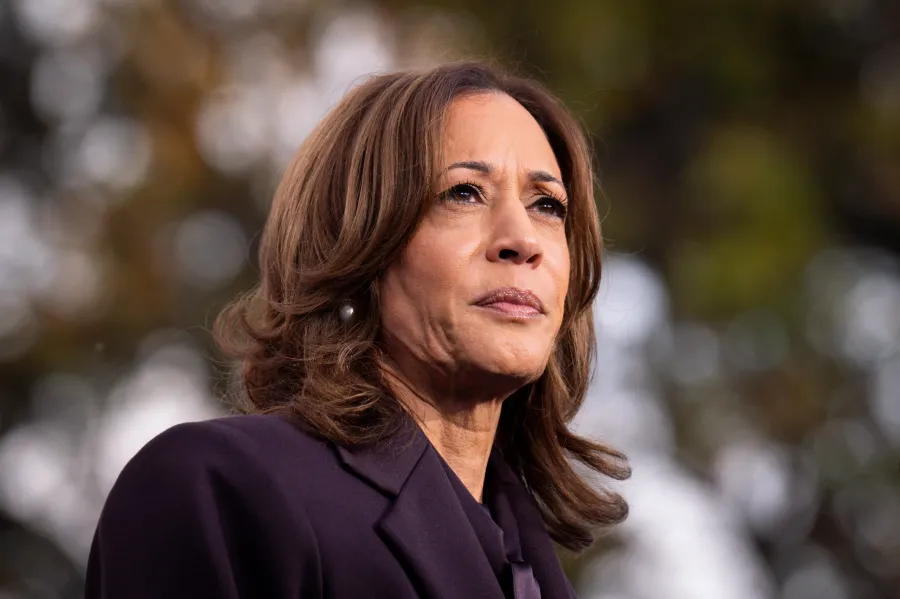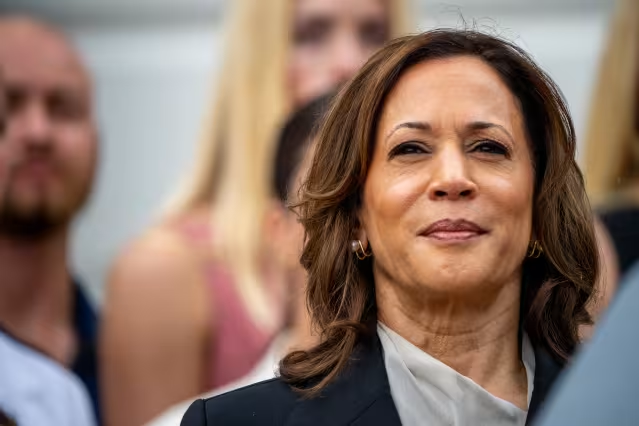Kamala Harris Reveals Surprising Private Phone Conversations with Donald Trump in New Memoir 107 Days
Kamala Harris is giving the world a new look at what really went on behind the scenes of one of the most turbulent election cycles in American history. In her upcoming memoir 107 Days, the former vice president takes readers through her historic 2024 presidential campaign, a race defined by nonstop scrutiny, public battles, and an unexpected set of interactions with Donald Trump. While Trump often used rallies, interviews, and social media to attack and belittle her in the public eye, Harris reveals that his private tone was nothing like his public persona.
According to Harris, during the campaign there were times when Trump reached out by phone, and those conversations showed a side of him that never made the headlines. She recalls how, instead of the aggressive and mocking rhetoric he used onstage, he was calmer, at times even complimentary. The memoir points out the jarring contrast between what voters saw on camera and what she experienced in private. Harris does not shy away from noting how unsettling it was to navigate those moments, knowing that the same man who had just berated her in front of thousands could call later with a different demeanor altogether.

The book, which she has described as both personal and political, is not only about those phone calls. It covers the exhaustion, the intensity, and the deeply human challenges of running a presidential campaign that made history. Harris takes readers inside her strategy rooms, her late-night reflections, and the weight of representing not just her campaign but also the communities that looked to her as a symbol of change. Yet, it is the chapters about Trump that are already sparking the most interest, because they pull back the curtain on a dynamic that was rarely visible to the public.
One of the striking elements of her memoir is how Harris balances honesty with restraint. She does not sensationalize the private conversations, nor does she turn them into gossip. Instead, she uses them as an example of the duality of modern politics, where the public theater can be drastically different from what happens when the cameras are off. Harris explains how those calls, while sometimes surprising, did not change her perspective on who Trump was or how he conducted politics, but they did remind her that image and reality are not always aligned.

107 Days also looks at how these moments affected Harris personally. Running a presidential campaign requires strength, resilience, and a willingness to endure constant attacks. Hearing Trump take on a softer tone in private did not erase the damage of his public comments, but it highlighted for her the contradictions she had to face on a daily basis. She writes about the emotional whiplash of being the target of someone’s insults one day and then hearing that same person adopt a casual, even almost friendly, tone the next.
For readers, these revelations add yet another layer to understanding the chaos of that election season. It wasn’t just about speeches, debates, and polls. It was also about the private interactions that shaped how candidates experienced one another behind the spotlight. Harris uses her memoir to remind people that politics is never as straightforward as it looks from the outside. The human side of campaigns—the fatigue, the personal doubts, the surprising phone calls—is often the part that leaves the deepest marks.

By the time 107 Days hits shelves, it is expected to ignite fresh discussions about transparency, leadership, and the hidden side of political rivalries. Harris has always emphasized authenticity in her public life, and her decision to share these stories reflects her belief that the public deserves to know not just the headlines but the full truth of what it means to run for the highest office. Whether people agree with her politics or not, her memoir promises to offer an inside look at one of the most dramatic chapters in modern American elections.



